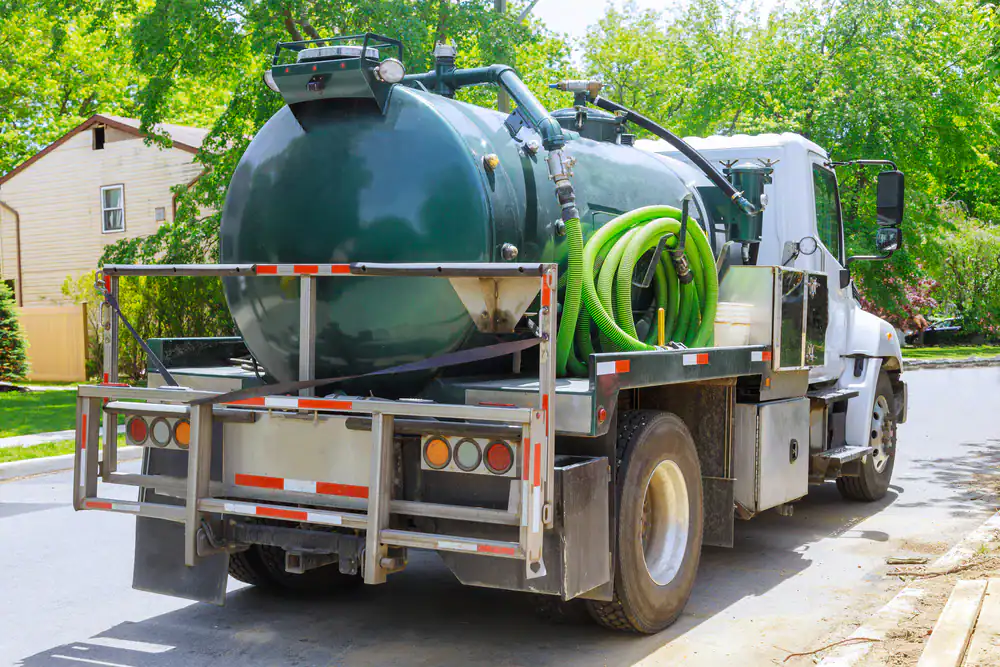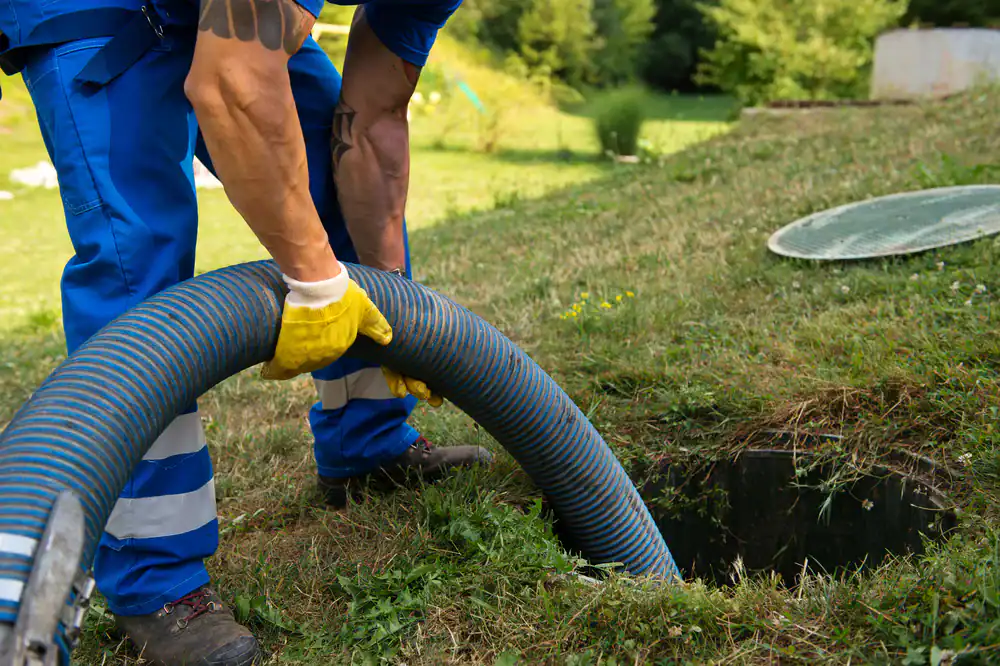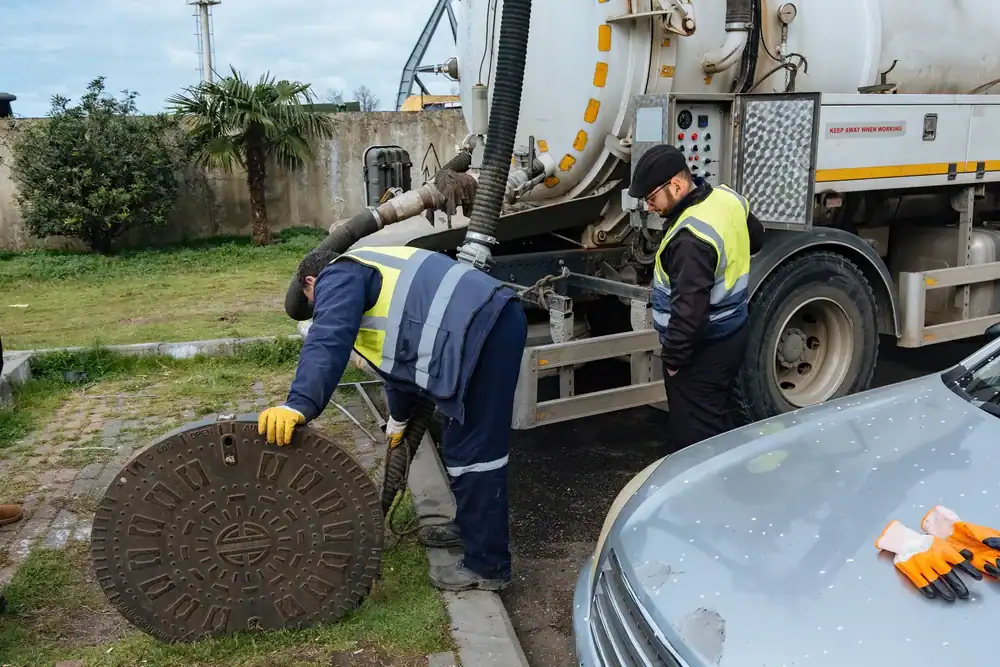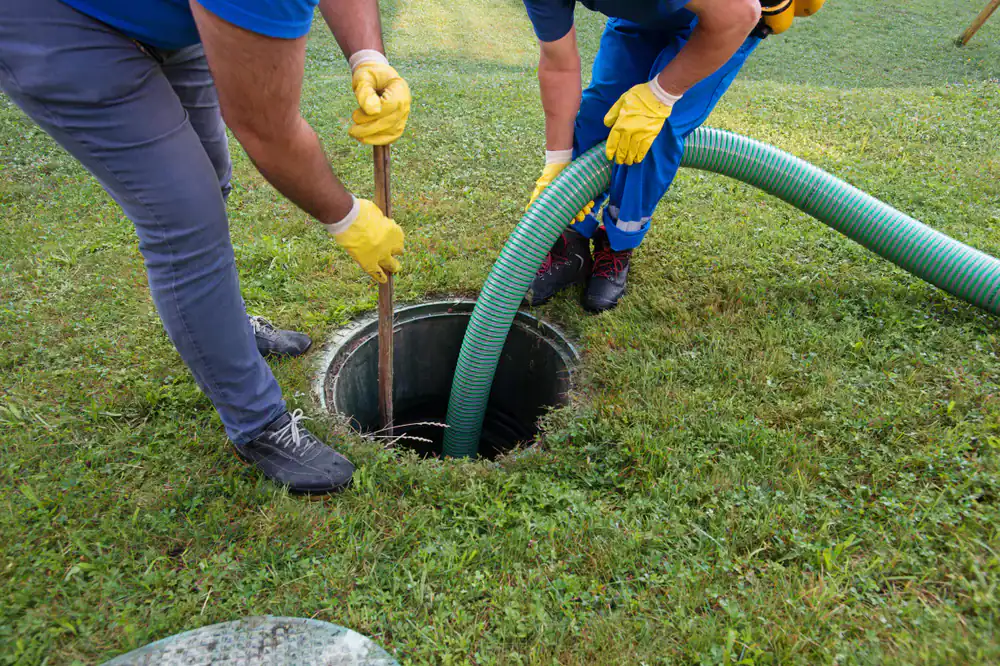
Our Reviews

Your septic system works silently in the background until it doesn’t. When you call us, you get technicians who’ve seen every type of septic problem Novak Park homeowners face.
We fix the root cause, not just the symptoms. That means no more sewage backing up into your basement during heavy rains, no more mysterious odors around your property, and no more worry about expensive emergency repairs at the worst possible time.
You’ll have a system that handles your household’s needs reliably, protects your property value, and gives you confidence that your family’s health and safety are protected.
All Rooter Hydro Jetting Experts Inc. has been serving Novak Park and the greater Chicago area since 2000. We’re a family-owned company that understands how Illinois soil conditions, weather patterns, and local regulations affect your septic system.
We’re fully licensed, bonded, and insured because your investment in septic repairs should be protected. Our technicians know the difference between a quick fix and a lasting solution.
When other companies want to dig up your entire yard, we often find ways to solve the problem with less disruption and cost. That’s the difference experience makes in this business.

We start with a thorough assessment of your septic system using camera inspection technology to see exactly what’s happening underground. No guessing, no unnecessary digging.
Next, we explain what we found in plain language and give you upfront pricing before any work begins. You’ll know exactly what needs to be fixed and why.
Then our licensed technicians handle the repair work efficiently, whether it’s clearing blocked drain fields, repairing damaged tanks, or replacing failed components. We clean up completely and test the system to make sure everything works properly before we leave your property.

Ready to get started?
Our septic tank plumbing services cover every component of your system. We handle septic tank pumping, drain field restoration, line repairs, and complete system replacements when necessary.
Novak Park’s clay soil conditions can create unique challenges for septic systems, especially during Illinois’ wet springs and heavy storm seasons. We understand how local soil composition affects drainage and design our solutions accordingly.
We also provide emergency septic repairs 24/7 because septic failures don’t wait for business hours. Whether it’s a holiday weekend or the middle of the night, we respond quickly to protect your home from sewage backup damage.

Most Novak Park homeowners should have their septic tanks pumped every 3 to 5 years, but the exact timing depends on your household size and water usage. A family of four typically needs pumping every 3 years, while smaller households might go 4-5 years.
Illinois regulations require septic system evaluation within 3 years of installation and every 5 years afterward. We recommend annual inspections to catch small problems before they become expensive emergencies.
Signs you need pumping sooner include slow drains, gurgling sounds, sewage odors, or wet spots over your drain field. Don’t wait for backup into your home – that’s when a simple pumping becomes a major repair.
Illinois septic systems commonly fail due to lack of regular pumping, which allows solids to build up and clog the drain field. Heavy clay soils in areas like Novak Park can also prevent proper drainage, especially during wet seasons.
Tree roots seeking water often invade septic lines, creating blockages and pipe damage. Flushing non-biodegradable items like wipes, feminine products, or excessive household chemicals disrupts the bacterial balance needed for proper waste breakdown.
Age is another factor – most septic tanks last 15-20 years with proper maintenance, but older systems may have deteriorated components. Ground shifting from freeze-thaw cycles can also crack tanks or disconnect pipes.
Septic repair costs vary widely depending on the problem. Simple issues like clearing a clogged line might cost a few hundred dollars, while drain field replacement can run several thousand.
Pumping typically costs $300-500, while major repairs like tank replacement range from $3,000-8,000. The key is catching problems early – regular maintenance prevents most expensive repairs.
We provide upfront pricing before starting any work, so you’ll know exactly what you’re paying. Emergency calls don’t include extra charges for nights or weekends because septic problems can’t wait for convenient timing.
Illinois allows homeowners to install their own conventional septic systems in some counties, but you must comply with all state regulations and obtain proper permits. The process requires soil testing, system design, and multiple inspections.
Most homeowners find the permitting process, soil classification requirements, and technical installation details overwhelming. Mistakes can result in system failure, health department violations, and expensive corrections.
Professional installation ensures code compliance, proper sizing for your household, and warranty protection. Licensed contractors understand local soil conditions, setback requirements, and inspection procedures that DIY installers often miss.
Failing drain fields typically show wet, soggy areas over the drain field even during dry weather. You might notice unusually green grass or strong sewage odors in that area of your yard.
Inside your home, you’ll see slow drains, gurgling toilets, or sewage backing up into floor drains or the lowest plumbing fixtures. These symptoms worsen during heavy rains when the saturated soil can’t absorb more wastewater.
Standing water or sewage surfacing in your yard creates serious health hazards and violates local health codes. Don’t ignore these warning signs – drain field failure requires immediate professional attention to prevent contamination and protect your family’s health.
Well-maintained septic systems in Illinois typically last 20-30 years, though some components may need replacement sooner. Concrete tanks often last longer than fiberglass or plastic, but all materials eventually deteriorate.
The drain field usually fails first, especially in clay soils that don’t drain well. Harsh Illinois winters with freeze-thaw cycles can crack pipes and tanks over time.
Regular pumping every 3-5 years, avoiding harsh chemicals, and not overloading the system with excessive water use significantly extends system life. Professional inspections help identify problems early, often adding years to your system’s lifespan through timely repairs.